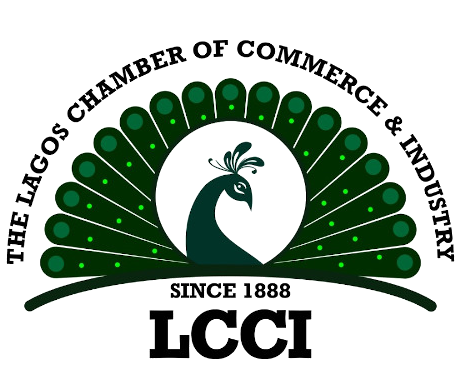The Lagos Chamber of Commerce and Industry (LCCI) has called on the Federal Government to urgently review Nigeria’s foreign policy strategy to ensure the nation is not sidelined in global trade and diplomacy.
LCCI President, Mr. Gabriel Idahosa, made the call during the chamber’s third quarter 2025 news conference held Wednesday in Lagos.
Idahosa emphasized that the appeal is timely, considering the shifting landscape of global trade and increasing geopolitical tensions.
He noted that Nigeria’s recent membership in BRICS—an intergovernmental alliance now comprising Brazil, Russia, India, China, South Africa, Egypt, Ethiopia, Indonesia, Iran, and the United Arab Emirates—requires the country to exercise strategic caution in choosing trade partners and international alliances.
“In the face of continued tariff crises and uncertainty, we must pay more attention to seriously supporting non-oil exports to more favourable destinations as we recalibrate our trade partnerships,” he said.
The LCCI president observed that the second quarter of 2025 saw a fragile global economy, strained further by U.S. tariffs, mounting trade disputes, geopolitical instability, and overall unpredictability in the global order.
With growing trade wars between the U.S. and both the European Union and BRICS-aligned nations, Idahosa warned that global trade volumes could hit a record low.
Citing a recent development, he highlighted the opportunity presented by the United Kingdom’s new trade policy that allows about 3,000 Nigerian products to enter its market under favourable terms.
“Just as the U.S. continues to announce more tariffs on Nigerian exports to the USA, it is time to support targeted exporters to increase our foreign earnings,” he said.
He also noted the imposition of an additional 10 per cent U.S. tariff on Nigerian goods due to the country’s alignment with BRICS, stressing the need for a multi-pronged response to protect national interests.
“We recommend that the government engage in bilateral dialogue with the U.S. to discuss concerns and reaffirm Nigeria’s strategic importance as a West African leader and key partner.
“The negotiation should focus on sector-specific exemptions from the tariff, emphasising non-oil sector exports,” he said.
Idahosa further recommended that Nigeria adopt a non-aligned, interest-driven foreign policy, using BRICS as a platform for economic advancement rather than political entanglements.
“Also, emphasis should be on Nigeria’s sovereign right to pursue partnerships that address its development needs, especially in areas like infrastructure, energy transition, and digital inclusion,” he added.
Giving an economic outlook for the quarter, Idahosa projected growing risks, including trade fragmentation and retaliatory tariffs that could disrupt global supply chains.
He said the global rise in defence spending, pressure on inflation from external shocks, and increased volatility in financial and commodity markets were all factors to watch.
According to him, central banks may be forced to halt or reverse interest rate cuts, while nations face growing long-term budgetary burdens tied to debt servicing, defence, climate action, and an ageing population.
On the domestic front, Idahosa urged the Federal Government to deepen regional trade within ECOWAS and the African Continental Free Trade Area (AfCFTA) to reduce Nigeria’s overdependence on Western markets.
He also advised the government to negotiate preferential trade deals with BRICS members like China, India, and Brazil to mitigate the impact of U.S. trade restrictions.
“We urge the Federal Government to deliberately implement a strategic trade diversification plan.
“Nigeria must accelerate reforms to improve the business environment, attract non-aligned investors, and incentivise local industries most affected by U.S. tariffs to find alternative markets.
“We should also leverage multilateral platforms like the World Trade Organisation (WTO) and others to raise concerns over punitive economic measures targeting developing countries’ sovereign alliances,” Idahosa said.


